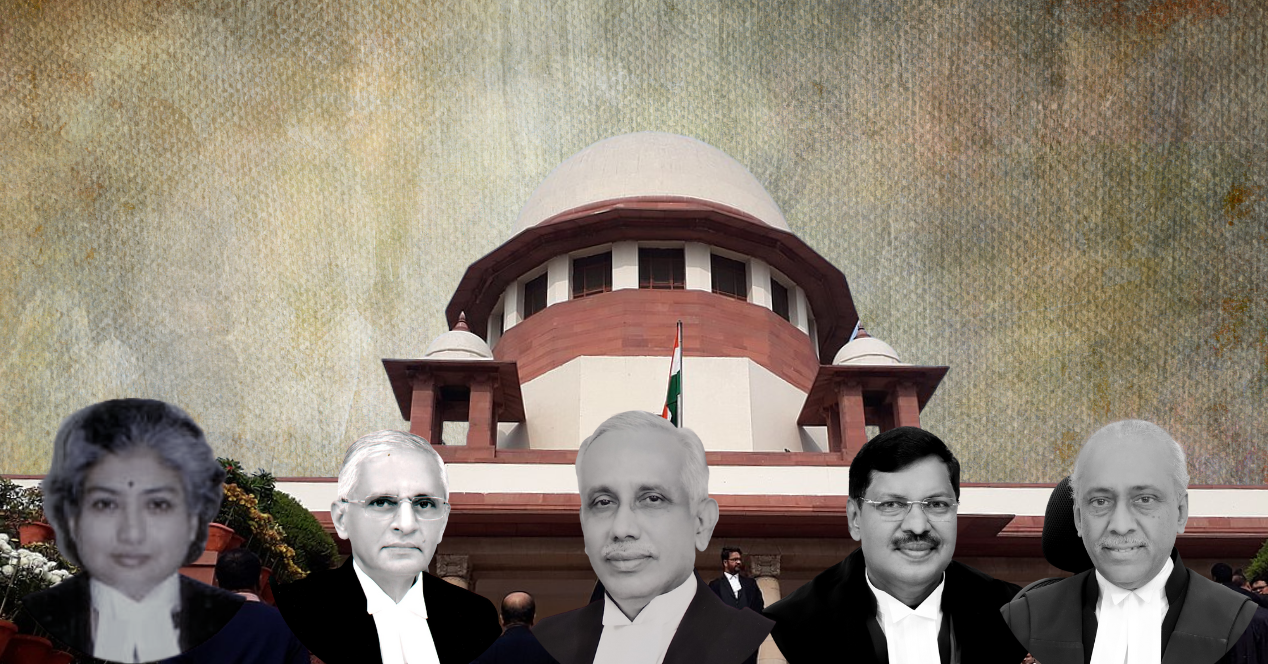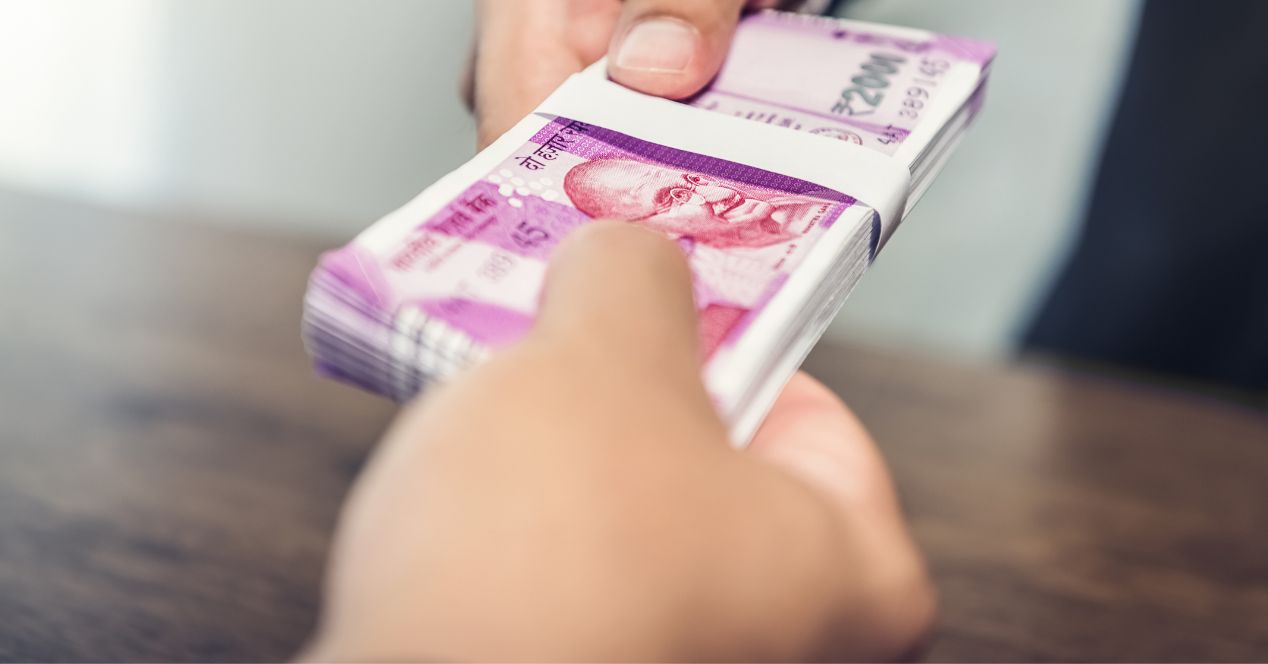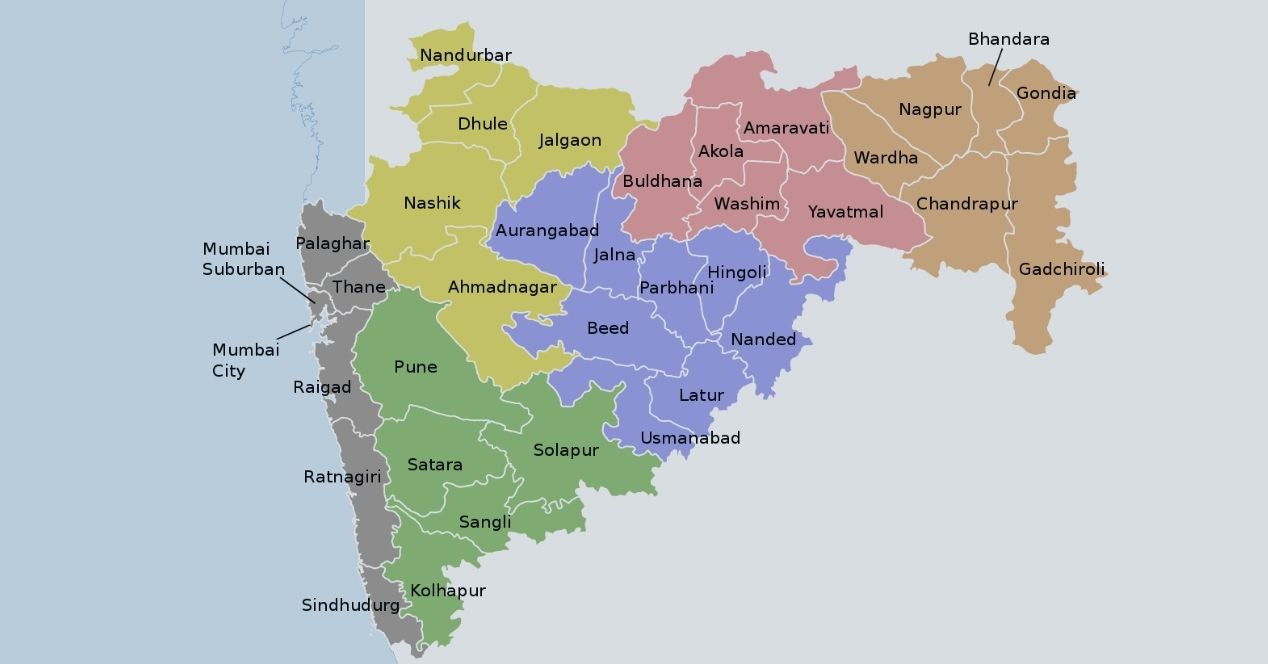Channel
Legislative immunity for lawmakers | Case Explainer
A seven-judge bench of the Supreme Court unanimously held that a lawmaker does not enjoy immunity in cases of bribery
Transcript:
Hello everyone and welcome to SCO’s channel. I’m Sai Spandana. Today we’ll be talking about an important seven-judge Constitution Bench decision delivered by the Supreme Court on the 4 March 2024. The case, titled Sita Soren v Union of India, dealt with immunity enjoyed by lawmakers for the words they speak and the votes they cast in Parliament and state legislative assemblies.
Articles 105 and 194, clause two of the Constitution, deal with legislative immunity. Article 105 states that “no member of Parliament shall be liable for any proceedings in any court in respect of anything said or any vote given by him in Parliament. Article 194 offers the same immunity for members of state legislative assemblies.
On the 4 March, a seven-judge Constitution Bench of the Supreme Court held that immunity under the Constitution does not extend to lawmakers when they have been charged with bribery. This bench was reconsidering a five-judge bench decision from 26 years ago in 1998 in a case called P.V. Narasimha v State. Let’s do a quick recap of the 1998 judgement.
It was the age of the P.V Narsima Rao-led Congress government. In 1993, Rao’s government was facing a no-confidence motion in Parliament with 251 MPs from his party. Rao was 13 votes short of a majority, but in the end, his government survived the motion. A year later, reports emerged that Jharkhand Mukti Morcha’s Chief Sibu Soren and several others had received bribes from Rao’s government to vote to defeat the no-confidence motion.
Janta Dal’s Ajit Singh, allegedly received a bribe to not vote in the no-confidence motion at all. When the case ultimately reached the Supreme Court, three out of a five-judge Constitution Bench held that lawmakers who received bribes for the cast of their vote were protected with immunity under Article 105 because all their actions in Parliament were protected under this provision.
But there was a catch. The court held that those who did not cast a vote, like Ajit Singh and those who gave the bribe were not protected because technically they had not done any act in Parliament to attract this protection. The majority held that members of Parliament were protected from all civil and criminal proceedings that have even a remote connection with their vote or speech in Parliament. Since Ajit Singh did not cast a vote, this protection was not extended to him.
This judgement met with immediate criticism. In fact, in 2006, constitutional law scholar A.G. Noorani in his book wrote that “in the nearly half a century of its existence, few rulings of the Supreme Court incurred such odium and so deservedly than that so merrily handed down on the 17 April 1998.” Now let’s fast forward to 2012 when the present case began. This time, Sibu Soren’s daughter-in-law and Jharkhand Mukti Morcha’s MLA Sita Soren is involved.
In the 2012 Rajya Sabha elections, she allegedly took a bribe to vote for an independent candidate, but after taking the bribe she voted for a member of her own party. The Jharkhand High Court refused to give her immunity. It interpreted the P.V Narasimha Rao judgement to mean that not voting at all and not voting per the condition of the bribe were both instances where the bribe and the vote had no nexus with one another. Since Sita Soren did not act for the conditions of the bribe that she received, she did not qualify for immunity.
Soren then moved the Supreme Court. In September 2023, a five-judge Constitution Bench led by Chief Justice D.Y Chandrachud heard the initial argument of the counsel in the case. They noted that the P.V Narasimha Rao judgement needed reconsideration as it led to an absurd situation where lawmakers were protected from prosecution when they committed the offence of bribery. Since Narasimha Rao was also a five-judge bench decision, a larger seven judge bench had to reconsider it.
A seven-judge bench was constituted and arguments took place over two days in October 2023. Five months later, on the 4 March 2024, the bench delivered a unanimous decision in the case overturning the P.V Narasimha Rao judgement. The seven-judge bench found that the Narasimha Rao judgement led to a paradoxical outcome as it created an artificial distinction between those who receive the bribe and perform according to it and those who receive a bribe and do not carry out the agreed task.
They held that according to the Prevention of Corruption Act, the offence of bribery was completed the minute the illegal gratification was received. The actual performance of the act was irrelevant to determine whether bribery had occurred. Further, the bench clarified that the purpose of immunity was to ensure that there were safeguards to create institutions where deliberations, views, and counterviews could be expressed freely to facilitate a democratic and peaceful social transformation. This, however, did not mean that lawmakers were immune from prosecution in cases of bribery.
The judgement then laid down a two-fold test to determine when immunity could be extended to lawmakers. Firstly, the act for which immunity is claimed must be related to the collective functions of the house. Secondly, the immunity sought should have a functional relationship to the discharge of the duty of an individual legislator.
The Supreme Court’s decision is being celebrated as a solution to cash-for-votes trade in the legislature. Even the Prime Minister tweeted that the judgement “will ensure clean politics and deepen people’s faith in the system.” But what do you think of the judgement? Tell us in the comments below and don’t forget to like, share, and subscribe for more stories from the Supreme Court.




